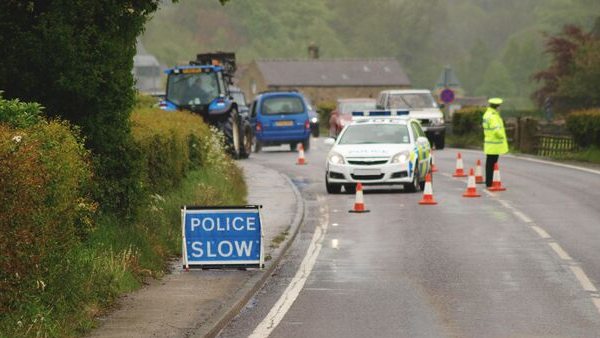The recent case of Palmer v Perrins Hills Partnership (2019), in which the High Court dismissed a negligence claim by an agricultural worker against his employer, provides useful guidance on employers’ duties in relation to farm machinery.
The case
Mr Palmer was seriously injured in a road accident, during which he lost control of his employer’s tractor and crashed into a ditch. Mr Palmer claimed against his employer in negligence, arguing that the loss of control was caused by a pre-existing defect with one of the tractor’s tyres, which the employer had failed to spot and remedy.
The main focus of the judgment was a forensic and highly fact-specific analysis of whether the tyre defect was the cause of the accident or a consequence of it. Ultimately, the Court held that the tyre defect was more likely a consequence of the accident and Mr Palmer’s claim failed.
System of maintenance
The Judge, however, also considered how he would have decided the other issues had he found that the tyre defect caused the accident. The employer admitted that the system for checking tractor maintenance was a simple “look round” most days when using the tractor. Without determining what level of inspection was necessary, the Judge found that this system of inspection was “clearly inadequate” and that he would have found the employer negligent if it had been proved that the tyre defect was pre-existing and discoverable.
Contributory negligence
The Judge also considered the question of contributory negligence, because Mr Palmer was not wearing his seatbelt; a factor which had a substantial impact on the severity of Mr Palmer’s injuries. The conventional approach in such cases would be to reduce any compensation by 20% – following Froom v Butcher (1976).
However, Mr Palmer argued for a smaller deduction, as his employer knew that he did not wear a seatbelt when driving the tractor and had never told him to wear one. In fact, Mr Palmer and one of the employer’s partners had previously made fun of another agricultural worker for wearing his seatbelt. The Judge found that the conventional deduction for contributory negligence should therefore be halved in this case. The Judge suggested that he would have adopted a similar approach to a driver being under the influence of drugs or alcohol or to a farm worker using power equipment without the appropriate guards or protective equipment.
Lessons for employers
This case provides clear warnings to agricultural employers about the importance of implementing an adequate system of thorough and regular safety inspections on farm machinery. The law requires employers to ensure that work equipment is maintained in efficient working order and in good repair. Appropriate steps must also be taken to ensure the health and safety of employees and others when at work, including time spent driving. Whilst the inevitable risks associated with driving cannot be completely controlled, employers have a clear responsibility to take all reasonable steps to manage these risks and do everything reasonably practicable to protect individuals from harm, both inside and outside of the workplace.
